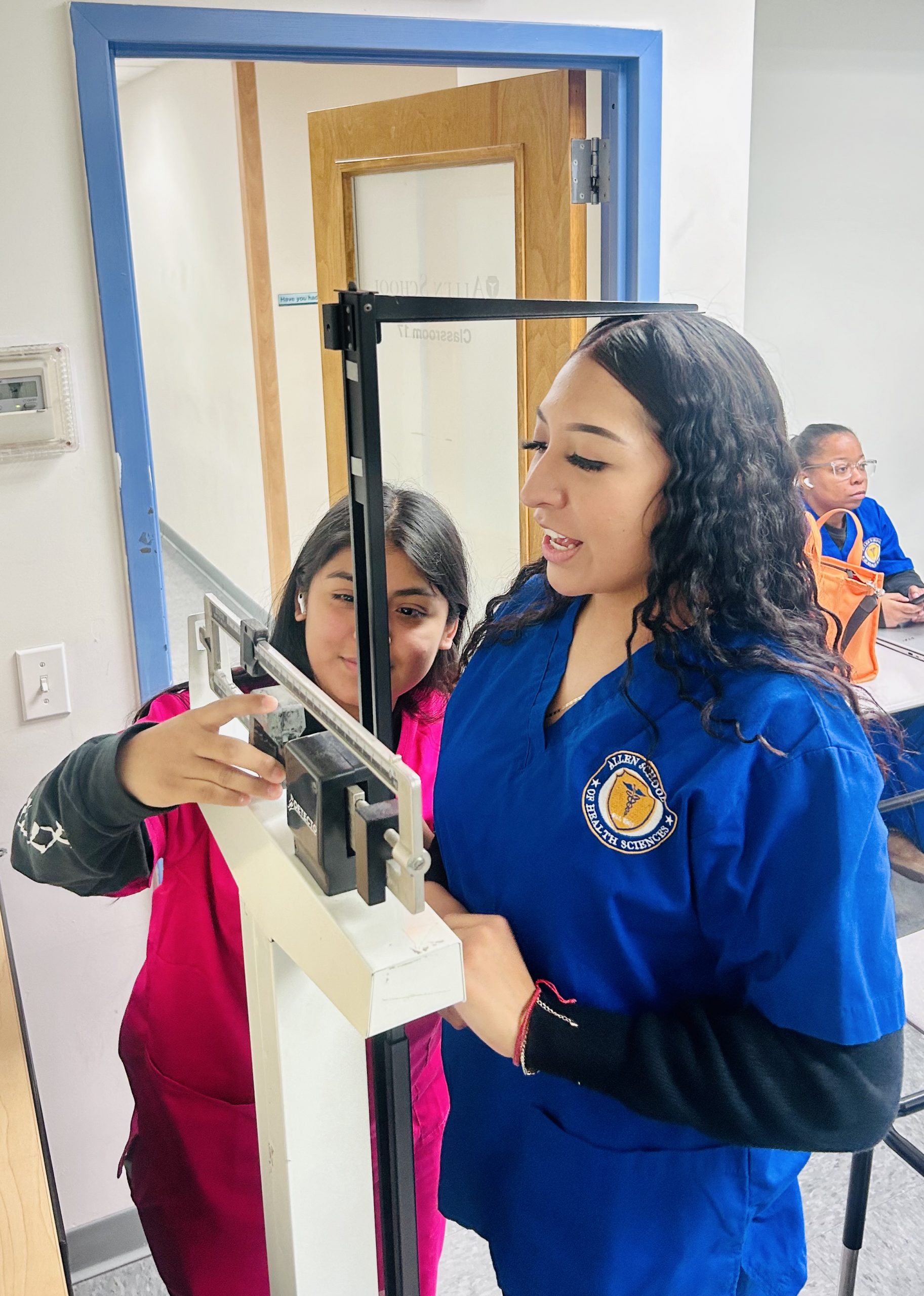
Transitioning from a Certified Nursing Assistant (CNA) to a Medical Assistant (MA) can be a beneficial career move for several reasons, especially as you set new goals for the coming year. Here are some compelling reasons to consider making this transition:
1. Broader Scope of Practice.
Expanded Responsibilities: While CNAs primarily focus on patient care and assistance with daily activities, medical assistants have a more diverse role that includes both clinical and administrative tasks. This can involve taking vital signs, administering, performing lab tests such as blood draws (phlebotomy) and EKGs, (electrocardiogram), and managing patient records.
More variety in daily tasks: As a medical assistant, you can expect to engage in a range of activities, from direct patient care to office management, which can make your work more dynamic and fulfilling.
2. Increased Career Opportunities.
Growing Demand: The healthcare industry continues to grow. This transition from a nursing assistant to a medical assistant can provide more job security and opportunities in various healthcare settings, including doctors’ offices, clinics, and specialty practices.
Potential for advancement: Moving into a medical assistant role can open doors for further advancement, such as pursuing specialized certifications or moving into supervisory or managerial positions.
3. Skill Development and Continuing Education.
Learning Opportunities: Transitioning to a medical assistant role allows you to gain new skills and knowledge, particularly in areas like medical terminology, pharmacology, and healthcare technology.
Professional Development: Many employers encourage continuing education and may even provide resources or support for further training, which can lead to further career advancement.
4. Work Environment. Diverse Work Settings: Medical assistants can work in a variety of healthcare settings, including outpatient clinics, physician offices, and urgent care facilities. This can provide more options for finding a work environment that suits your preferences. Team Collaboration: As a medical assistant, you’ll collaborate with a variety of healthcare professionals, which can enhance your teamwork and interpersonal skills.
5. Flexibility in Job Roles.
Administrative and Clinical Roles: Medical assistants can choose to focus more on administrative tasks (like scheduling and billing) or clinical duties (like patient care and lab work), allowing for greater customization of your career path based on your interests.
Transitioning from a nursing assistant to a medical assistant can be a strategic career move in the new year, offering broader responsibilities, and enhanced job satisfaction. This change can provide you with the opportunity to grow professionally while continuing to make a meaningful impact on patient care. By taking the steps to further your education and skills, you can set yourself up for a successful and fulfilling career in healthcare. Looking to elevate your skills in 2025? Learn more about the Allen School and our medical assistant program, contact us today and schedule your campus tour. www.allenschool.edu
